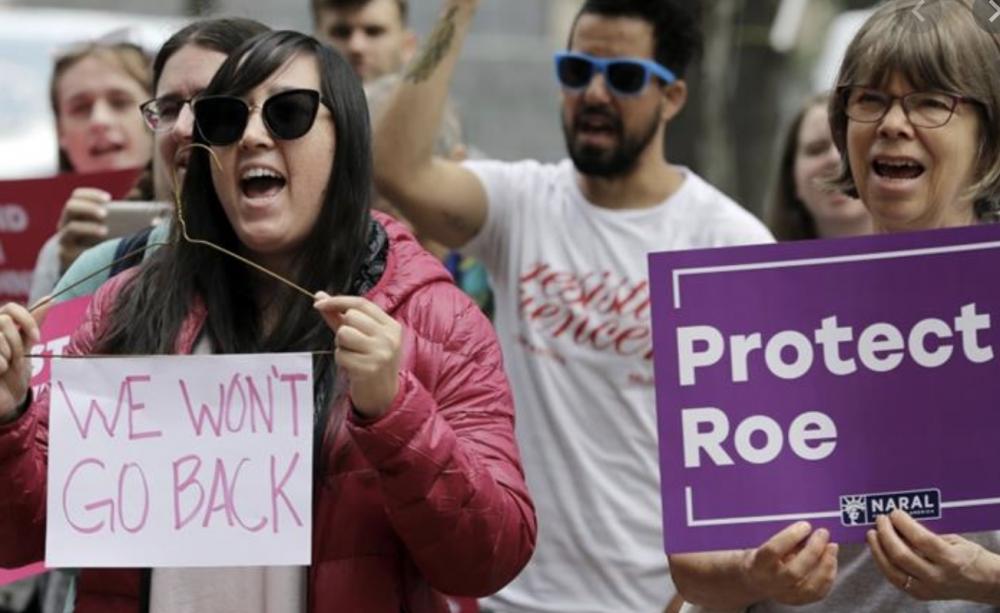Despite a majority of Americans’ support for women’s right to choose — a decision set by the Supreme Court nearly 50 years ago — attempts to diminish abortion rights for women remain relentless. A Pew Research report from 2019 found that upwards of 60% of Americans say abortion should be legal in all or most cases.
However, anti-abortion activists around the country have passed a variety of state laws making it increasingly difficult for women to end their pregnancies. One strategy has been to pursue state-wide, medically unnecessary, gestational bans. In other words, women would not be allowed to have abortions, a constitutional right, once their pregnancies have progressed to a certain length of time after their last menstrual periods. Bans have been proposed for as short a period as six weeks, often before women may even know they are pregnant.
Environmental groups, such as the Sierra Club, have been involved in protecting women against these bans. Environmental groups focus their efforts on creating a world in which all humans can live in safe, healthy environments. Comprehensive reproductive health care is essential to that goal. Reproductive freedom is thus considered a basic human right.
Lack of control over the timing of childbearing interferes with an individual’s ability to pursue educational, economic, and social opportunities. Women without means are the victims in these scenarios and are less likely to have adequate resources to care for children once they are born; low-income people are also subject to living in areas with more environmental hazards (close to incinerators, coal plants, etc.).
In contrast, wealthy women have always been able to gain access to pregnancy termination services and will continue to do so regardless of increasing restrictions on abortion. In addition, those with means are able to raise their families in healthy, safe communities.There is growing recognition that environmental issues are inextricably linked to issues like gender and economic inequality. It is important that we reject intrusive measures that presume to understand the challenges others face. Instead, we must provide access to safe, legal and affordable family planning for all who seek it.
Reproductive justice, economic justice, and environmental justice are three inexplicably tied movements. The right to choose if, when, and how we become pregnant cannot be separated from the right to raise those families in healthy, safe environments and afford all the basic life necessities.
Susan Olsen, M.A., M.Ed.
Our Maryland
Mike Pretl Community Impact Fellow
Sydney Jacobs
Conservation Co-Chair
Maryland Sierra Club
Isabel Blalock, MPH
Field Director, Abortion Access Campaign
NARAL Pro-Choice Maryland



Write a Letter to the Editor on this Article
We encourage readers to offer their point of view on this article by submitting the following form. Editing is sometimes necessary and is done at the discretion of the editorial staff.